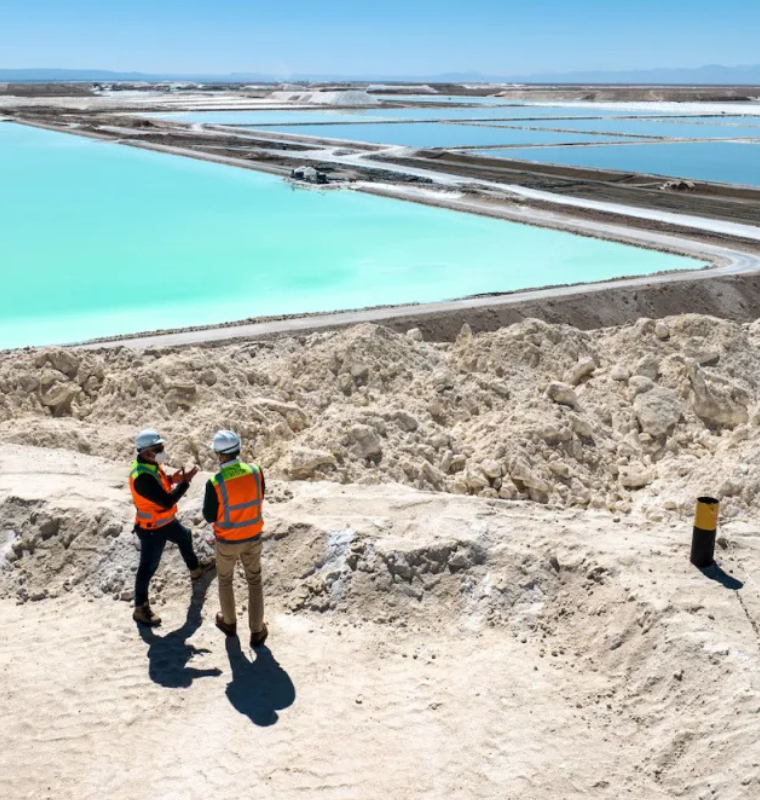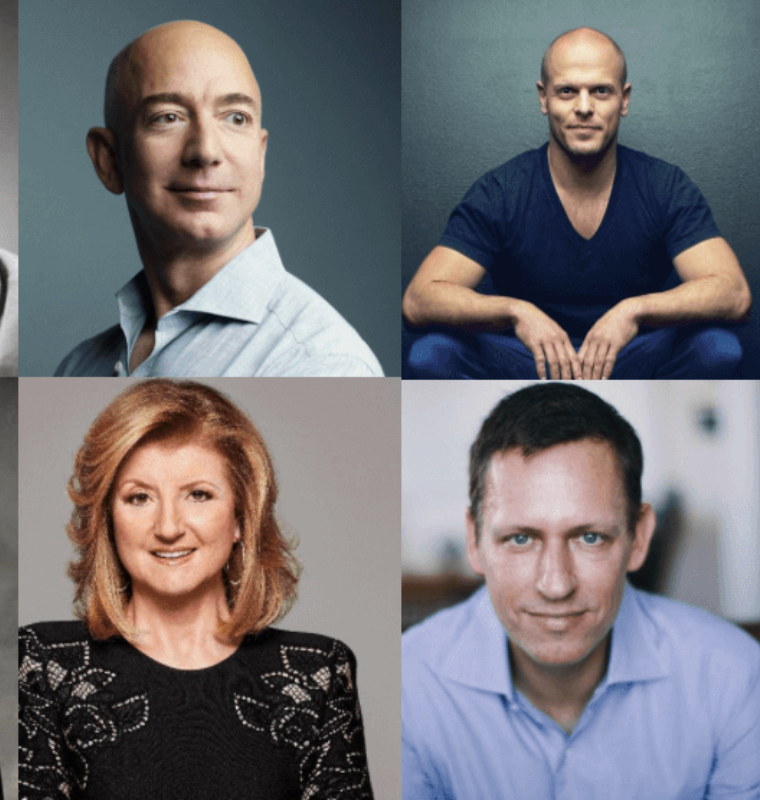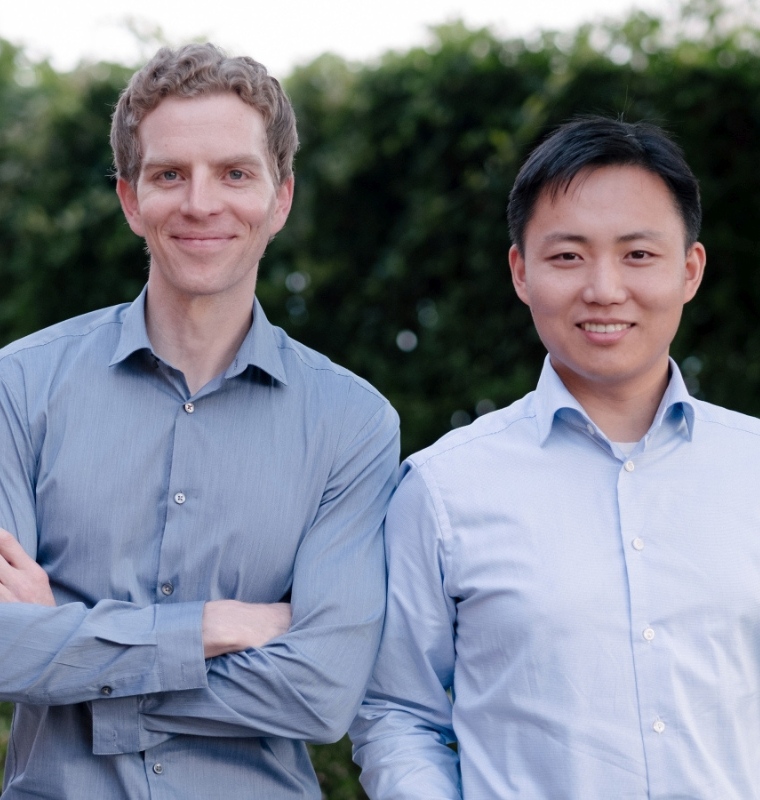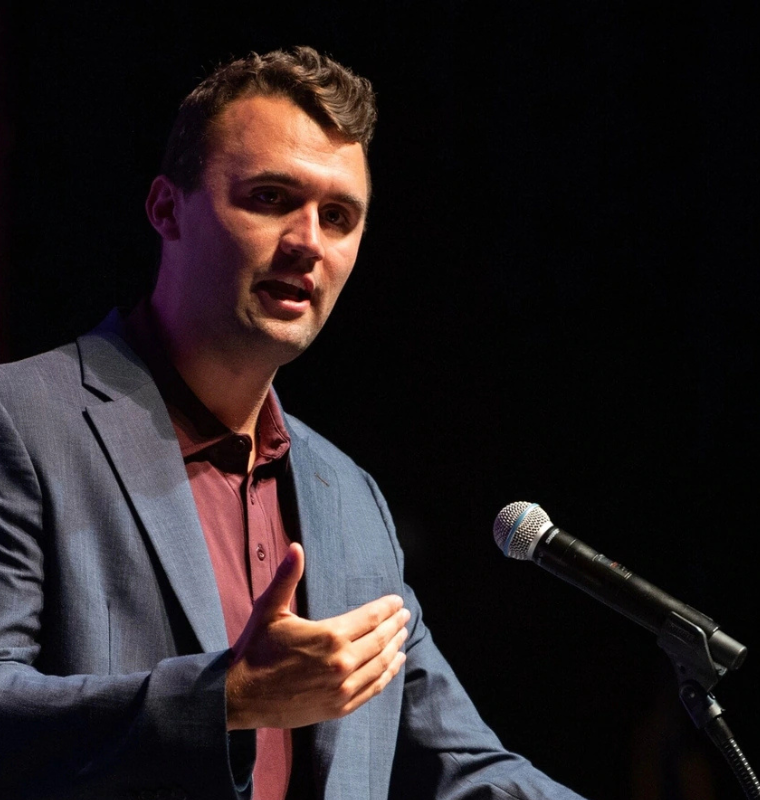Trump’s Expanding Tariff Threats Overshadow Macron’s Royal UK Visit
Trump’s Expanding Tariff Threats Overshadow Macron’s Royal UK Visit
By
Leah Rosenfeld
Last updated:
July 11, 2025
First Published:
August 3, 2025

Britain's King Charles III and France's President Emmanuel Macron travel in the 1902 State Landau carriage during a carriage precession at Windsor Castle, in Windsor west of London, on July 8, 2025, on the first day of a three-day state visit to Britain.
Trump’s Trade War Overshadows Macron’s State Visit to the U.K.
French President Emmanuel Macron is being honored with full royal treatment in Britain—complete with a carriage procession to Windsor Castle, a state banquet with King Charles III, and meetings with Prime Minister Keir Starmer. But while the British press hails the historic symbolism of the visit, the international spotlight is shifting toward the economic uncertainty stemming from President Donald Trump’s expanding tariff regime, which threatens to upend global trade dynamics.
State Visit Wrapped in Ceremony and Strategy
Macron’s three-day state visit marks the first by a European Union leader to the UK since Brexit. Welcomed by Prince William and Princess Kate upon arrival, Macron and his wife Brigitte were treated to quintessential British pageantry. They joined King Charles III and Queen Camilla for a horse-drawn carriage ride through Windsor and dined with a prestigious group of British cultural figures including Elton John, Mick Jagger, and actress Kristin Scott Thomas.
The U.K. government said the visit reflects the “breadth of the UK-France relationship” and is focused on shared challenges in defense, migration, and trade.
However, the celebration comes at a tense geopolitical moment. Macron’s talks with PM Starmer are expected to address not only European unity but also how the bloc might respond to escalating trade threats from the U.S.
Trump’s Tariff Blitz Creates Shockwaves
While Macron dined under chandeliers, Trump ignited concern across international markets with a series of tariff announcements that could dramatically raise trade barriers. On Monday, Trump posted screenshots of formal letters sent to 14 nations, including Japan, South Korea, and South Africa, warning of tariffs effective August 1.
Then on Wednesday, Trump added seven more countries to the list, imposed a 50% tariff on Brazilian exports, and announced a 50% levy on copper imports. Trump claimed the Brazilian move was partly retaliatory, linked to the ongoing trial of ex-president Jair Bolsonaro.
The European Union has yet to receive official notification of any tariff hikes, but fears are mounting. Analysts expect that the bloc could be targeted next, particularly given its large trade surplus with the U.S. and its central role in global manufacturing.
EU Caught in Uncertainty as Trade Talks Intensify
The EU is scrambling to secure a trade agreement with Washington that would limit exposure to U.S. tariffs. According to Holger Schmieding, chief economist at Berenberg Bank, the EU has reluctantly accepted that existing U.S. tariffs—such as the 10% base rate—are unlikely to be rolled back. Instead, the bloc is negotiating for exemptions in sensitive sectors, such as aerospace, to keep the average tariff increase below 10 percentage points.
There is hope of a deal this week, but uncertainty remains. Macron, who leads the EU’s second-largest economy, has had a rocky relationship with Trump. At the 2024 G-7 Summit, Trump referred to Macron as “publicity-seeking,” further straining relations.
Meanwhile, U.K. Prime Minister Starmer, despite ideological differences, has cultivated a more pragmatic rapport with Trump. The U.K. was the first country to sign a trade agreement under Trump’s new terms, and Trump publicly stated that Britain would be “protected from future tariffs because I like them.”
A Broader Geopolitical Crossroads
Trump’s trade strategy poses a serious challenge for global leaders trying to balance diplomacy with economic stability. Macron’s visit to Britain was designed to showcase unity, post-Brexit cooperation, and a renewed Franco-British alliance.
Yet as the U.S. flexes its tariff powers, the visit risks becoming a footnote in a much larger story—one where economic uncertainty, political volatility, and shifting alliances will define the months ahead.
As Macron continues to push for EU resilience and trade protections, and Starmer aims to balance diplomacy with economic pragmatism, the real question remains: how much influence does Europe still hold in a world where tariffs can change overnight?
Popular articles
Subscribe to unlock premium content
Bolivia How Lithium Mining Policies Are Positioning It as the Next Global EV Battery Hub

Naval Ravikant The Angel Investments That Quietly Made Him a Multimillionaire

Rising From the Rubble Lessons From Billionaires Who Failed 10 Times Before Success

Bolivia How Lithium Mining Policies Are Positioning It as the Next Global EV Battery Hub

Naval Ravikant The Angel Investments That Quietly Made Him a Multimillionaire

Bolivia How Lithium Mining Policies Are Positioning It as the Next Global EV Battery Hub









